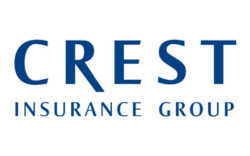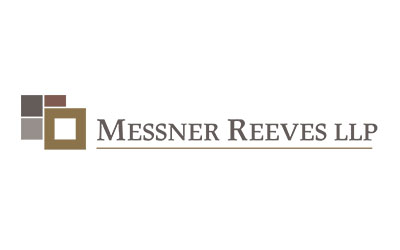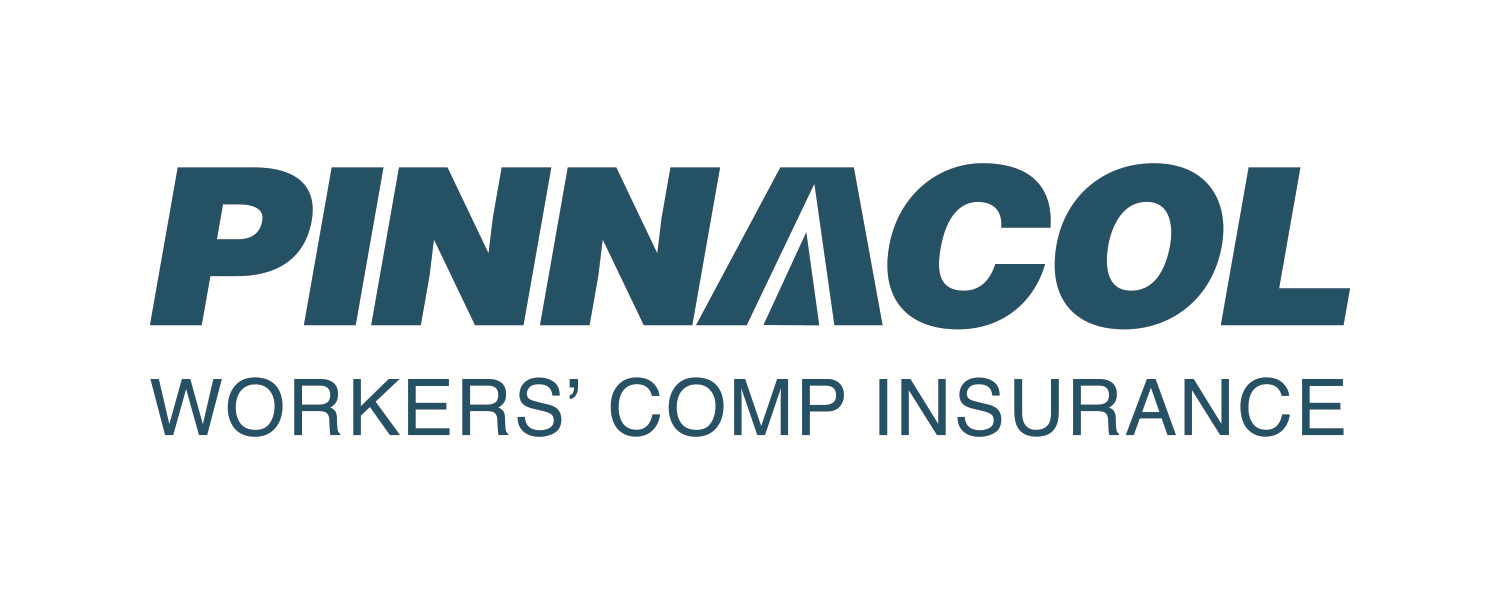The following article was written by our partners at Fisher Phillips. Authors: Courtney Leyes, Brett P. Owens
Federal wage officials recently announced that two Florida restaurants with common ownership failed to properly calculate overtime pay when their employees worked at both locations in the same workweek – sending a stark reminder to all multi-unit operations about the importance of complying with wage and hour law. The Department of Labor (DOL) also found that the restaurants withheld tips earned by service staff to recoup money from customers who failed to pay their tabs, improperly deducted pay for uniforms, and failed to pay tipped workers for all hours worked. The DOL announced on March 9 that it recovered nearly $200,000 in back pay and liquidated damages for 89 employees. Here are four lessons hospitality employers can learn from this settlement to avoid the same fate:
1. Multi-Restaurant Hospitality Groups Should Determine Whether They Could Be Considered a Joint Employer
Do you have multiple restaurants or hotels and share employees among the restaurants and hotels? If so, the DOL may conclude that the restaurants or hotels are a joint employer even if each is registered under a different corporate name.
In the Florida case, for example, two St. Petersburg restaurants – Red Mesa Restaurant and Red Mesa Cantina – had two separate corporate names. But the DOL determined that the two restaurants were a joint employer and/or a single integrated enterprise. The agency took the position that operating restaurants with the same owners under different corporate names did not prevent liability arising out of the Fair Labor Standards Act (FLSA).
The DOL considers several factors when determining whether two or more restaurants or hotel properties are a joint employer or a single integrated enterprise.
- For joint employer relationships, the DOL looks at whether two employers share responsibility for determining the employees’ essential terms and conditions of their employment. These factors include whether both entities have the authority to hire and fire employees, control work rules and assignments, and determine compensation and benefits.
- For integrated enterprises, the DOL weighs four factors: common management, the interrelation of operations, the centralized control of labor relations, and common ownership or financial control.
If hospitality groups are rotating employees across multiple locations, you should review whether you are at risk of being considered a joint employer or a single integrated enterprise. If some of the factors above are met, you should assess whether you are required to pay overtime for all hours worked in excess of 40 hours per workweek regardless of where the hours were worked.
Larger hospitality groups can reduce the risk of being considered a joint employer or single integrated enterprise by ensuring that each location has its own Human Resources function, employee handbook, compensation system, and benefits. You can also reduce risk if there is not common management, ownership, and financial control.
2. Review Deductions to Ensure Your Tip Pool Remains Valid
In its investigation, the DOL concluded that tips were deducted improperly for customers walking out on their tabs. Employers that implement traditional tip pools may not retain any of their employees’ tips for any other purpose. By keeping these tips, the DOL invalidated the employer’s tip pool.
Employers that utilize traditional tip pools cannot retain any of their employees’ tips for any reason whatsoever. Instead, you should use progressive discipline to address issues with cash shortages. Additionally, you can implement policies to reduce the risk of customers failing to pay their bills. For example, restaurants and bars can require customers to present a credit card prior to ordering or at the time that they receive their food and beverages.
3. Ensure Deductions Don’t Violate Your Minimum Wage Obligations
The DOL also determined during its investigation that deductions were improperly made for uniforms because it resulted in employees receiving wages below the minimum wage. If hospitality employers are utilizing a tip credit, then deductions cannot be made for issues like cash shortages – because such deductions cannot take tipped employees below minimum wage.
The FLSA requires each employee to be paid at least $7.25 per hour worked, with many state laws requiring a higher minimum wage to be paid. Generally speaking, the FLSA prohibits employers from making deductions that will take employees’ pay below the minimum wage. Deductions for the cost of uniforms from tipped employees’ wages would result in the employee being paid less than minimum wage, so such deductions are prohibited.
4. Correctly Track All Hours Worked
Finally, the DOL also noted the two restaurants failed to have proper timekeeping records and that kitchen staff were paid straight time for hours worked in excess of 40 hours in a workweek. Hospitality employers should ensure that they have an accurate timekeeping system and time-clock policies and procedures, and that all employees have acknowledged the time-clock procedures during their onboarding. You should also train managers to properly enforce time-clock policy and procedures. Implementing solid time-clock policies can permit you to argue that liquidated damages are inappropriate if any violations are found.
Hospitality employers also should be mindful to properly enter in pertinent employee information into the timekeeping and payroll systems. For example, all kitchen staff should be classified as non-exempt and paid overtime pay for all hours worked in excess of 40 hours each workweek.
Conclusion
If you are faced with a DOL investigation, you should immediately reach out to your employment counsel for advice and counsel. Additionally, you should proactively review your policies and procedures to ensure that you are not unintentionally violating wage and hour laws to reduce the risk of an adverse finding during an investigation.
We will continue to monitor wage and hour developments and provide updates as appropriate. Make sure you are subscribed to Fisher Phillips’ Insight System to get the most up-to-date information. For further information, contact your Fisher Phillips attorney, the authors of this Insight, any attorney in our Wage and Hour Practice Group, or any member of our Hospitality Industry Team.












